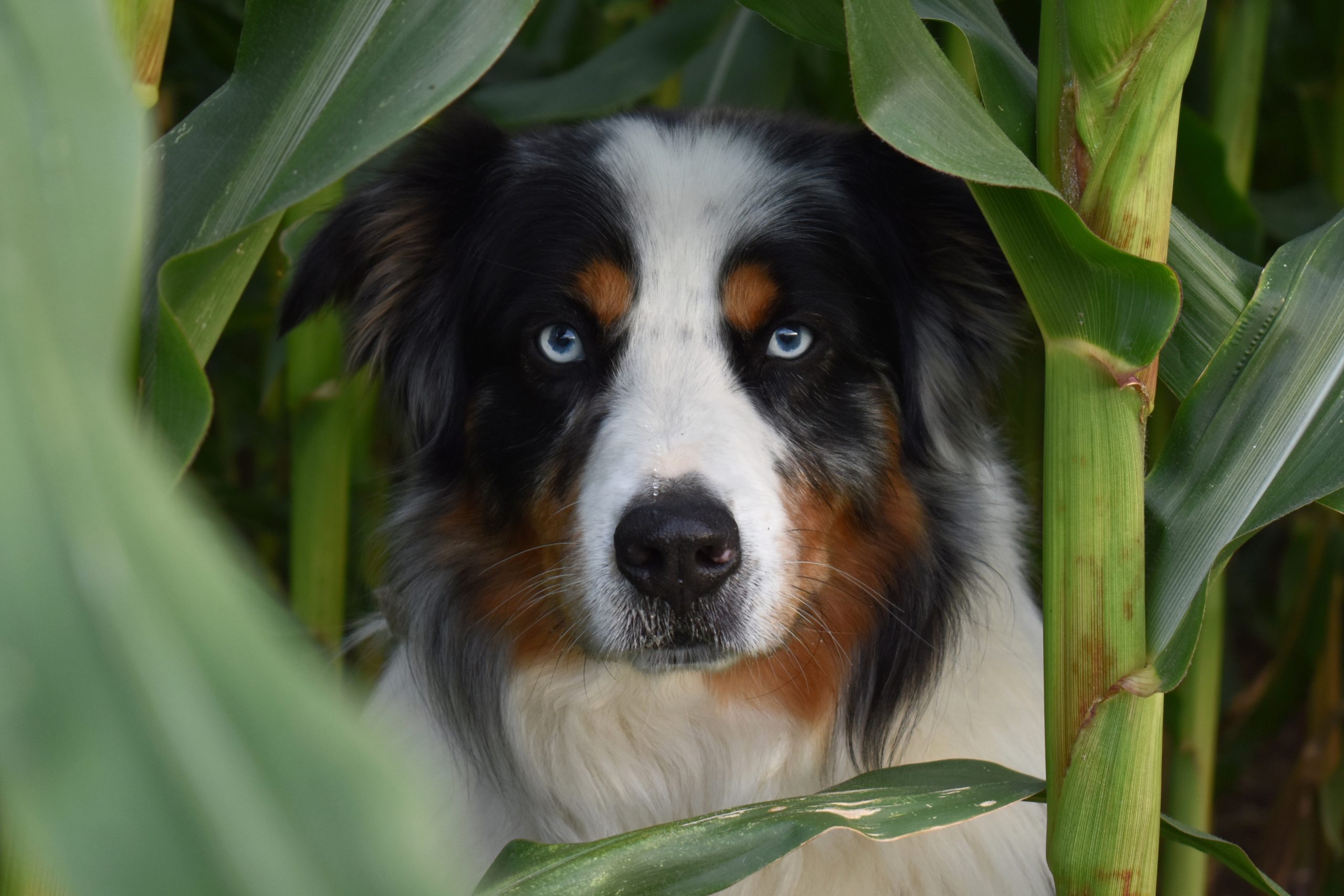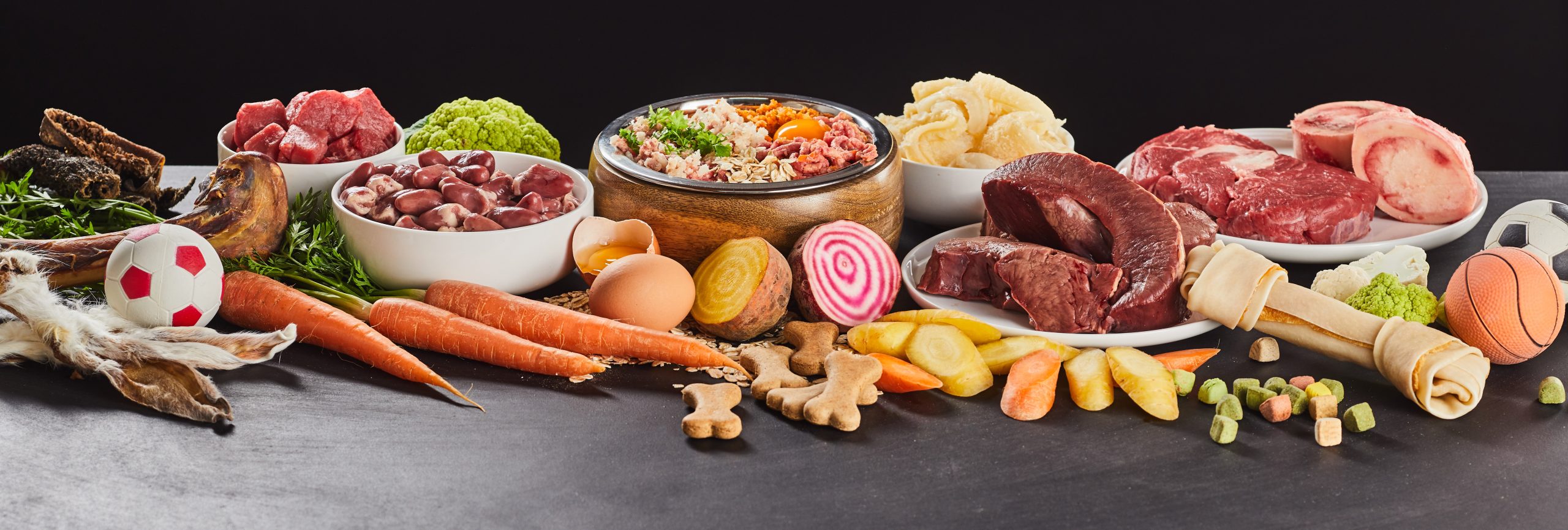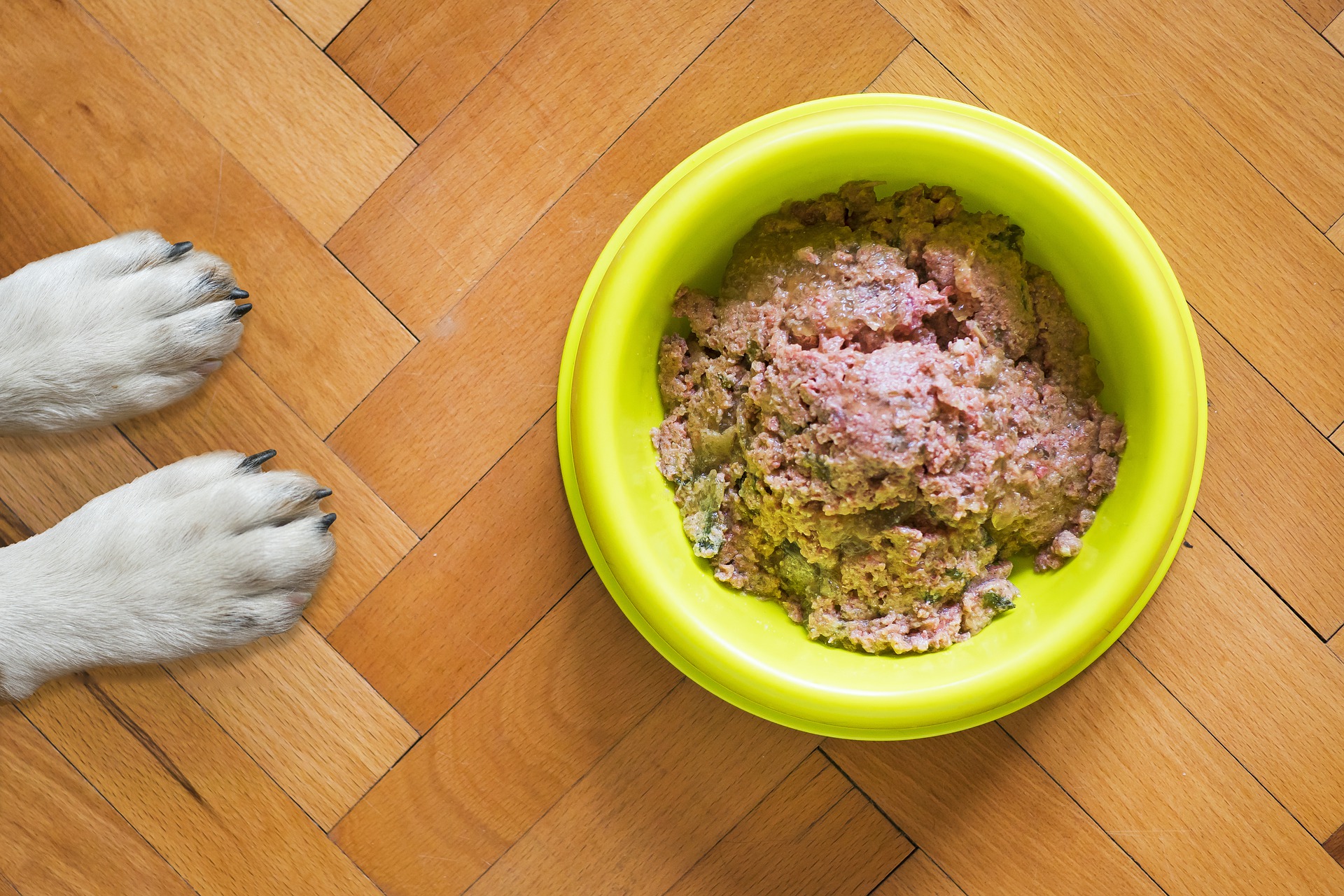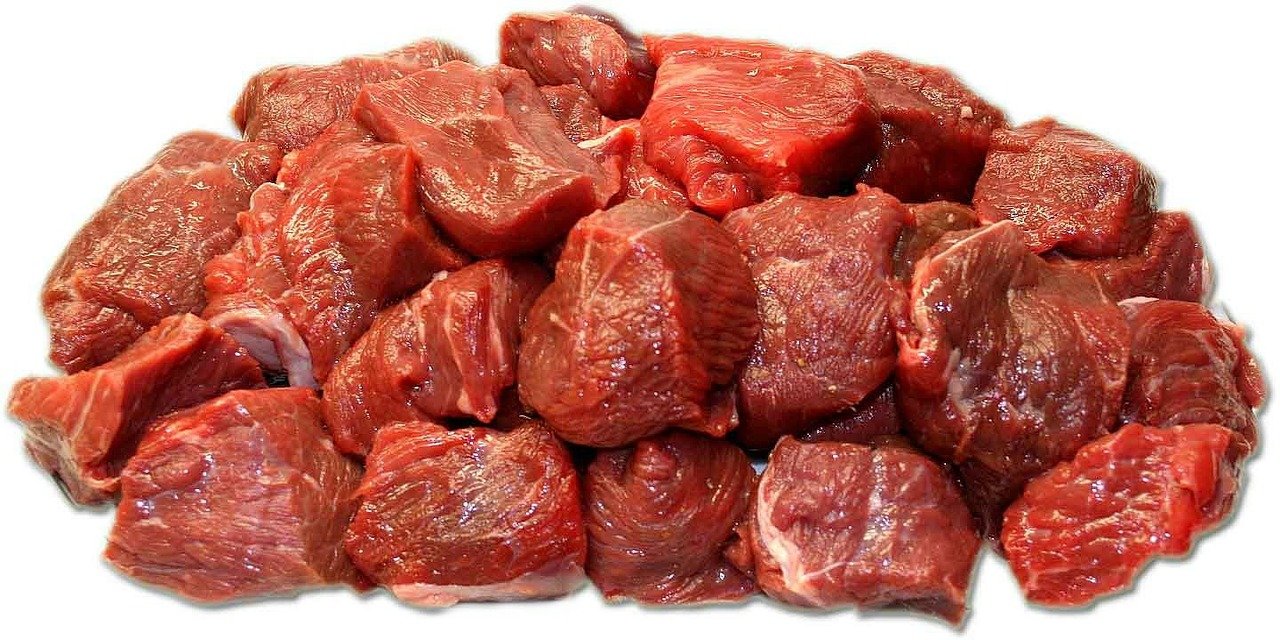While corn is often vilified as a pet food ingredient, it is nutritious and easily digested by both dogs and cats and rarely causes allergies. As such, it is not an ingredient that most pets...
AI chatbots have been garnering a lot of media attention lately, with people using them for everything from writing cover letters, to essays to outlines of presentations, as well as for entertainment. We put the...
Home-cooking for pets can be complex and there are a number of common misconceptions and mistakes that often come up in the days and weeks after a home-cooked meal plan is started. By reviewing common...
The Association of American Feed Control Officials (AAFCO) recently released the latest version of some dramatic proposed changes to pet food labels and held a short period of public comment. We review some of the...
Many pet owners can become concerned when they see "ash" listed as a percentage on the label of their pet's food. We explain what is meant by ash and why it is not very useful,...
The type of your cat food - wet, dry, fresh, or raw - not to mention the brand, can make a dramatic differences in what you will pay to feed your cat. We compare daily...
Pet food costs are particularly relevant right now, when the costs of many consumer goods have increased rapidly in the last year, leaving many of us paying more for our food as well as that...
Pet owners do not always have an accurate perception of the human risk of foodborne illness from raw meat diets. A recent study highlights the gap between pet owner's perceptions of their risk and their...
Minerals in pet food can come from the main ingredients or be added as concentrated inorganic or chelated supplements. We review the differences in these sources so that pet owners can better understand the ingredients...
The determination of the amount of carbohydrate in pet foods is more complicated than most pet owners realize. We review how carbohydrate is "measured" in pet food and the limitations of this process.









![To Chelate or Not to Chelate [Minerals]?](https://vetnutrition.tufts.edu/wp-content/uploads/maine-coon-5778153_1920.jpg)
